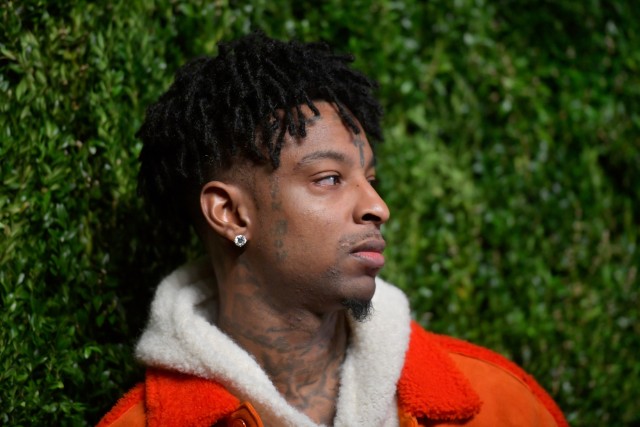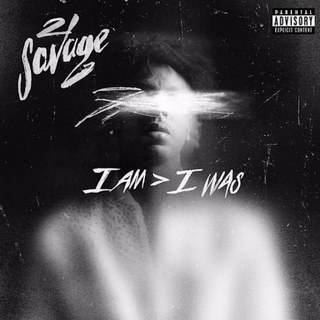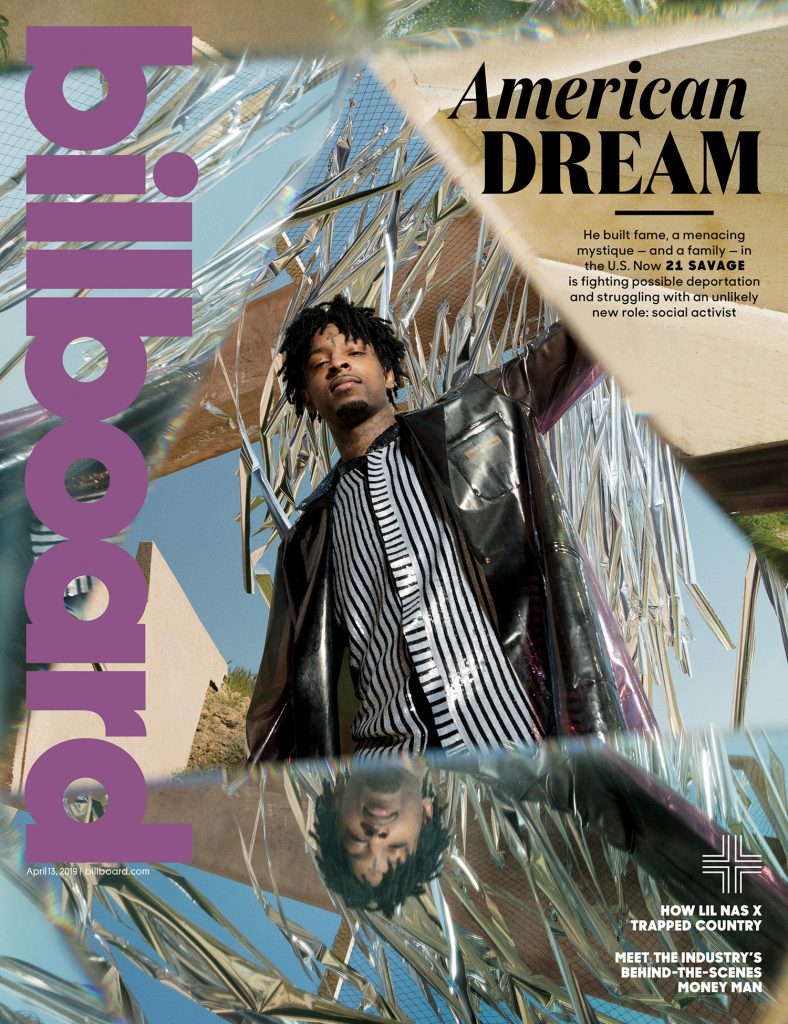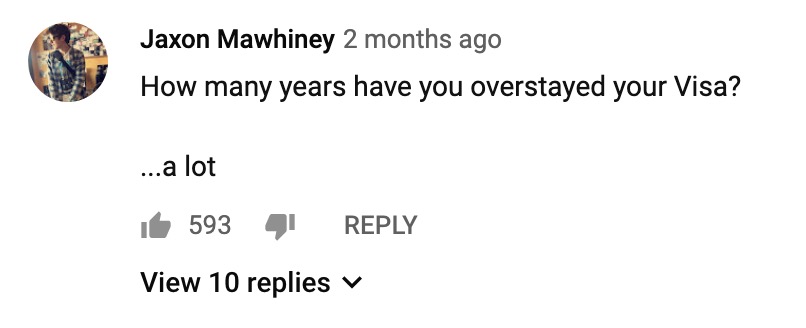
21 Savage’s music video ‘A Lot’ sparked immense attention from the public with excellency of music & lyrics & video altogether, but also his arrestment on immigration status. His Album I Am > I Was, was in the top chart for two consecutive weeks after its releases, earning him Grammy Award nomination, with over 3.3 billion on-demand streams in the US. In his ‘A Lot’ music video, visual is unfolded as if telling a story and it dramatically augments the meaning of lyrics. In his track ‘A Lot’, he raps about brings his personal life story to the music – about his friend who was shot during a drug dealing, reality that money ineffective in solving personal plights, gang violence, trauma, and his fear. Rap is a sublimation of a speech/thoughts/novel transformed into an art form that often becomes a mirror of an individual’s personal stories. However, it sometimes becomes an issue where the boundaries to be set up that reveals how much of personal stories one opens up with the world. It is the question of how comfortably enough a person could open oneself that does not detriment their public images. 21 Savage spoked,
“People will be going through a lot of stuff, but you’ll never know what they’re hiding behind their smiles. Like, nobody would ever know that I wasn’t born here.”

The immigration issue has been one of the hottest topics in the US with the presidency of Donald Trump. It is a predicament to many people who don’t get publicly mentioned nor being much cared from society.

21 Savage was arrested on Super Bowl Sunday in Atlanta by US Immigration and Customs Enforcement (ICE) ironically less than a week after performing his track “A Lot” at The Tonight Show Starring Jimmy Fallon.
He performed with substituted lyrics where he shows compassion for immigrants and people who struggle to immigrate to the US. “Been through some things so I can’t imagine my kids stuck at the border / Flint still need water / People was innocent, couldn’t get lawyers,” (January 28). According to ICE, 21 Savage is originally from the UK and has been illegally staying in the US with his expired visa. Bryan Cox, the ICE spokesperson, iterated that the arrest was on a “targeted operation with federal and local law enforcement”. 21 Savage’s legal team stated that he was originally born in the UK, however, legally arrived in the US at the age of 7 (in 1999). He has been ongoingly present in the US for almost 20 years, but visited the UK in 2005 due to his uncle’s death, and returned to the US with H-4 Visa. H-4 Visa is “granted to spouses or children under the age of 21”. The visa was expired a year later it was granted in 2006. In 2017, he applied for a U visa, which is “a visa for victims of certain crimes” and his status is still under review. He has been acclaiming that he is from Georgia, Atlanta, and 3 of his children are all lawful US citizens.
All of these Youtube comments are mentioning about his visa status and his revealed UK citizenships:




21 Savage’s lawyer appeared on Good Morning America on February 15th, publicly acclaiming that he was targeted because of his music, fame, and ICE allegedly manipulating the incident to convey the message to non-US citizens. He spent nine days behind bars and was released on February 13th, with a granted bond. According to the most recent news, his hearings on deportation that was scheduled on April 9th has been postponed to no specific dates to come. He has expressed his fear of deportation – “The worst thing was sitting in there not knowing what was going to happen, or when it’s going to happen. Whenever I went to jail before, it was, ‘You’re being charged with this and going to court on this date.’ But immigration ain’t like that. You’re just being held.” Additionally, a fear of losing the home that he identifies with –
When an artist publicly brings their voices up, they automatically become the target of governments, organizations, and people. However, they sometimes bring hope to the other groups of people. The big voices become an incentive to one individual, bringing the confidence to fight back to the unjust, biased, prejudiced world of overflowing problems. Artists’ lives depended on what they put on to the markets is daunting and frightening. However, intrepid voices are also the ones that constantly transform our society to be a better place for us all.
Additional articles worth reading ->>

I like the way you introduces all your ideas and materials in this blogpost: it is very clear and straight forward—one can grasp all the important information just in a glance. Additionally, the selection of comments is clever: I feel that there is no need to explain what the comments are talking about—they are pretty self-sufficient in bringing out your argument about immigration status. However, I still find that there is not enough support for some of your arguments in this blogpost. For example, I would very much like to see why you think that “Rap is a sublimation of a speech/thoughts/novel transformed into an art form that often becomes a mirror of an individual’s personal stories”, since it might be really important for the task of this blogpost, which is introducing the presentation of music/art specifically through stage and video production. I feel that the blogpost doesn’t really bother to deal a lot with this task, but rather discuss political statements, which is admittedly important and well-thought, but hard (at least for me) to relate to the production of the performance itself. Thank you!